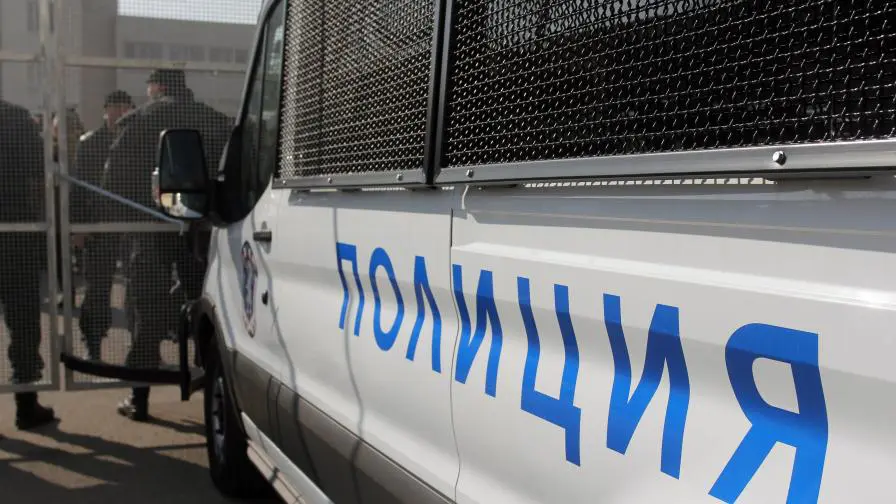Cannabis is the most common drug in the country
Bulgaria ranks seventy in the world out of 193 countries and tenth in Europe according to the Global Organized Crime Index. Our country ranks seventh out of 17 countries in Central and Eastern Europe. The report is funded by the US State Department.
Bulgaria is an important transit country for the heroin market, with local networks mostly involved in logistics. About 20% of heroin traveling through the Balkans passes through the country, although this figure has probably fallen since the blockade due to COVID-19.
Most of the heroin is from Western Europe and comes from Turkey. Local demand represents a small part of the realized profits. Heroin is the preferred drug of the marginalized, especially the Roma community, who are said to be involved in the trafficking of small amounts of heroin from Turkey and its distribution in Bulgaria.
Corruption is an important element of heroin trafficking, but there are still low levels of violence in the drug market as a whole.
Although Serbia has been a major entry point for cocaine in the past, recent reports say flows have shifted to Romania and Bulgaria. The latter is primarily a transit country, but has a small market in larger cities and resorts. Bulgarian criminal networks have traditionally played a logistical role in cocaine trafficking, successfully facilitating large-scale operations from South America to Western Europe.
Now, however, they are increasingly organizing their own operations and recruiting “mules” to trade cocaine directly.
Bulgaria is mainly a transit country for the illegal cannabis market, which has been growing significantly since 2018.
Criminal networks are involved in the logistics of cannabis trafficking from Albania to Turkey, Serbia and Romania. Recently, the growing quantities of cannabis grown in Bulgaria are exported to Turkey and Greece.
Cannabis is the most common drug in the country and demand is high, leading organized crime groups to enter the market.
Corruption is likely to play an important role in cannabis trafficking, with Macedonian, Romanian and Turkish border checkpoints being the most vulnerable.
The use of synthetic drugs is also increasing in Bulgaria. Criminal groups from the Sofia region have established themselves as producers of amphetamines, while in the southeastern part of the country they specialize in the production of methamphetamine.
Police reports show an increase in courier deliveries of synthetic drugs purchased online. Precursors also pass through or are destined for Bulgaria, while synthetic drugs arriving from the Netherlands, Belgium and the Czech Republic are transported through Bulgaria to Turkey, the Middle East and North Africa. Foreign criminals, mostly of Turkish origin and based in Western Europe, organize these flows.







